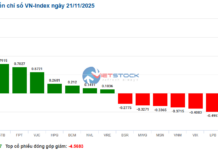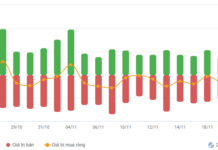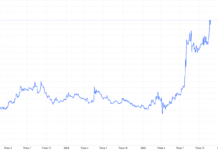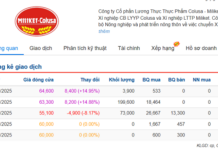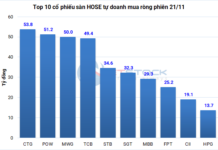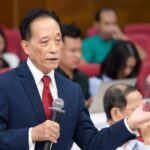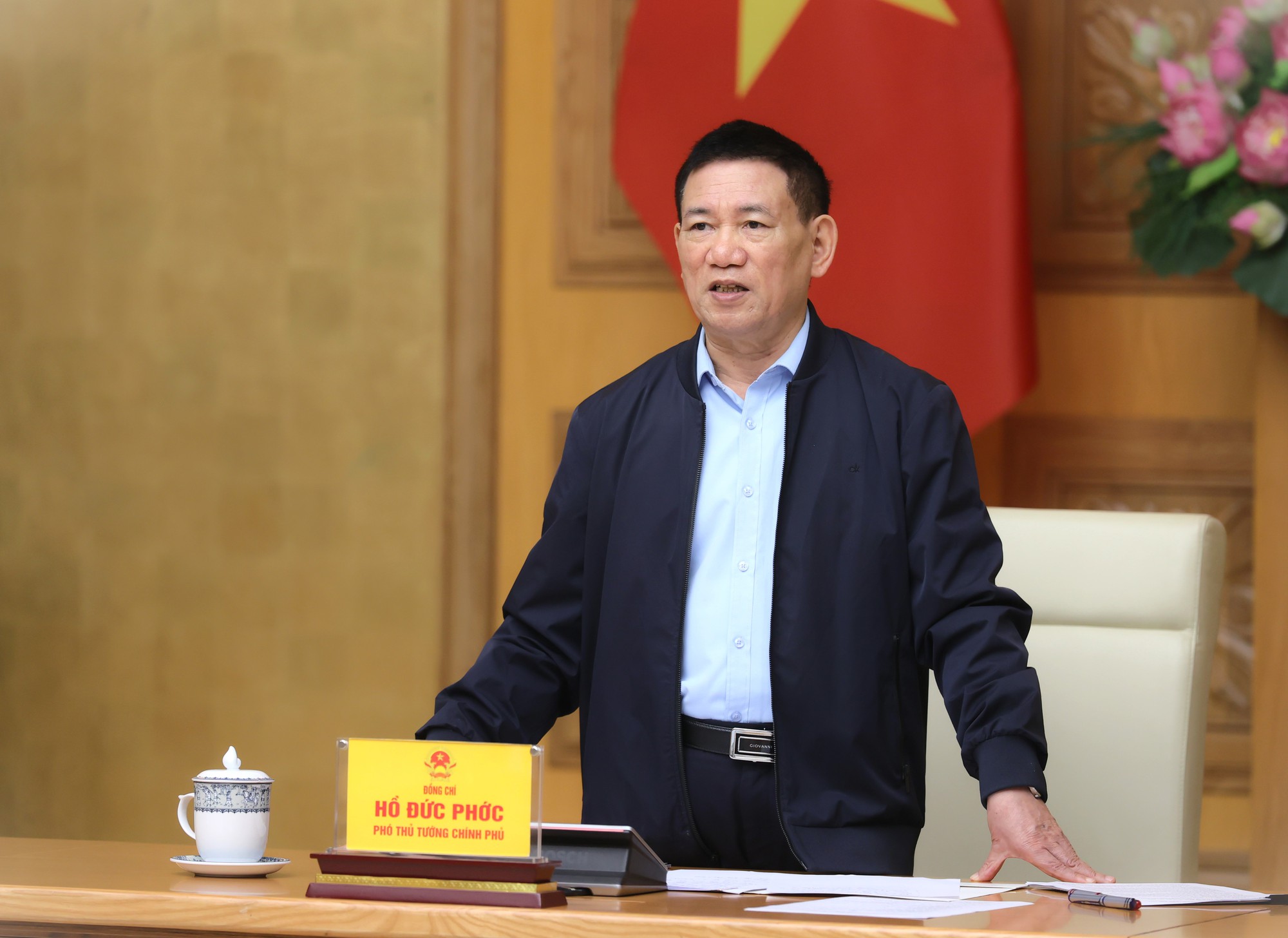
Deputy Prime Minister Ho Duc Phoc chairs the meeting of the Price Management Steering Committee – Photo: VGP
|
According to the Ministry of Finance’s report, price movements since the beginning of the year have generally followed a predictable pattern, with the Consumer Price Index (CPI) increasing slightly by 0.2% or less in most months. The average CPI for the first ten months rose by 3.27% compared to the same period last year, remaining within the target range.
Domestic goods supply has been stable, effectively meeting both consumption and production demands. The total retail sales and service revenue for the first ten months reached 5,773 trillion VND, a 9.3% increase year-on-year, indicating an improvement in domestic demand.
While controlling inflation, the government has continued to adjust state-managed goods and services in line with market trends, including fuel, electricity, construction materials, education, and healthcare. The Ministry of Finance also provided detailed reports on the gold and real estate markets, which have experienced significant fluctuations this year.
Based on an assessment of inflationary pressures and mitigating factors, the Ministry of Finance has developed two CPI management scenarios for 2025, targeting an average increase of approximately 3.3% or 3.5% compared to 2024. The Ministry also proposed a set of price management solutions for the remaining months of the year.
Concluding the meeting, Deputy Prime Minister Ho Duc Phoc emphasized that while the first ten months’ management has achieved its goals, agencies must remain vigilant. The government aims to adhere to the first scenario, maintaining CPI at around 3.3% to ensure macroeconomic stability and support growth.
The Deputy Prime Minister called for tighter control over essential goods directly impacting livelihoods, such as electricity, water, food, fuel, and raw materials. Close monitoring of global economic developments and partner countries is crucial to proactively address price shocks.
With public investment disbursement expected to accelerate towards the year-end, local authorities must ensure a stable supply of construction materials, preventing shortages of sand, gravel, and stone for ongoing projects. Balancing supply and demand for essential goods, especially in flood-affected areas and during the upcoming Lunar New Year, is also a priority.
The Deputy Prime Minister urged close coordination between monetary and fiscal policies, directing credit towards production and business activities, maintaining reasonable interest rates, and stabilizing exchange rates. Strict management of the gold market will continue to prevent abnormal fluctuations.
Timely and transparent communication, particularly regarding essential goods and materials pricing, is essential to prevent inflationary expectations. Ministries, sectors, and localities must continue to combat smuggling and trade fraud while swiftly addressing the aftermath of natural disasters and supporting businesses in post-flood recovery.
– 7:13 PM, November 21, 2025
State-Owned Enterprises Confront Six Major Challenges
State-owned enterprises are grappling with significant challenges, including an unclear leadership role, limited ability to create value chains and forge partnerships with the private sector, and untapped capital and asset potential due to restrictive legal frameworks. Their proactive stance and competitiveness remain low, with many business decisions delayed by lengthy approval processes, hindering timely opportunities.
“Dragon Capital CEO: Without Rising Consumption, What Drives Inflation?”
The expert asserts that, given the current macroeconomic factors, the risk of inflation remains low.
Dr. Nguyen Tri Hieu: “Storing Physical Gold at Home is a Significant Waste for the Economy”
Dr. Nguyen Tri Hieu asserts that Vietnam has the potential to mobilize 300–500 tons of gold held by its citizens into the economy. However, he emphasizes that this process requires time and patience, cautioning against any rushed approach.




